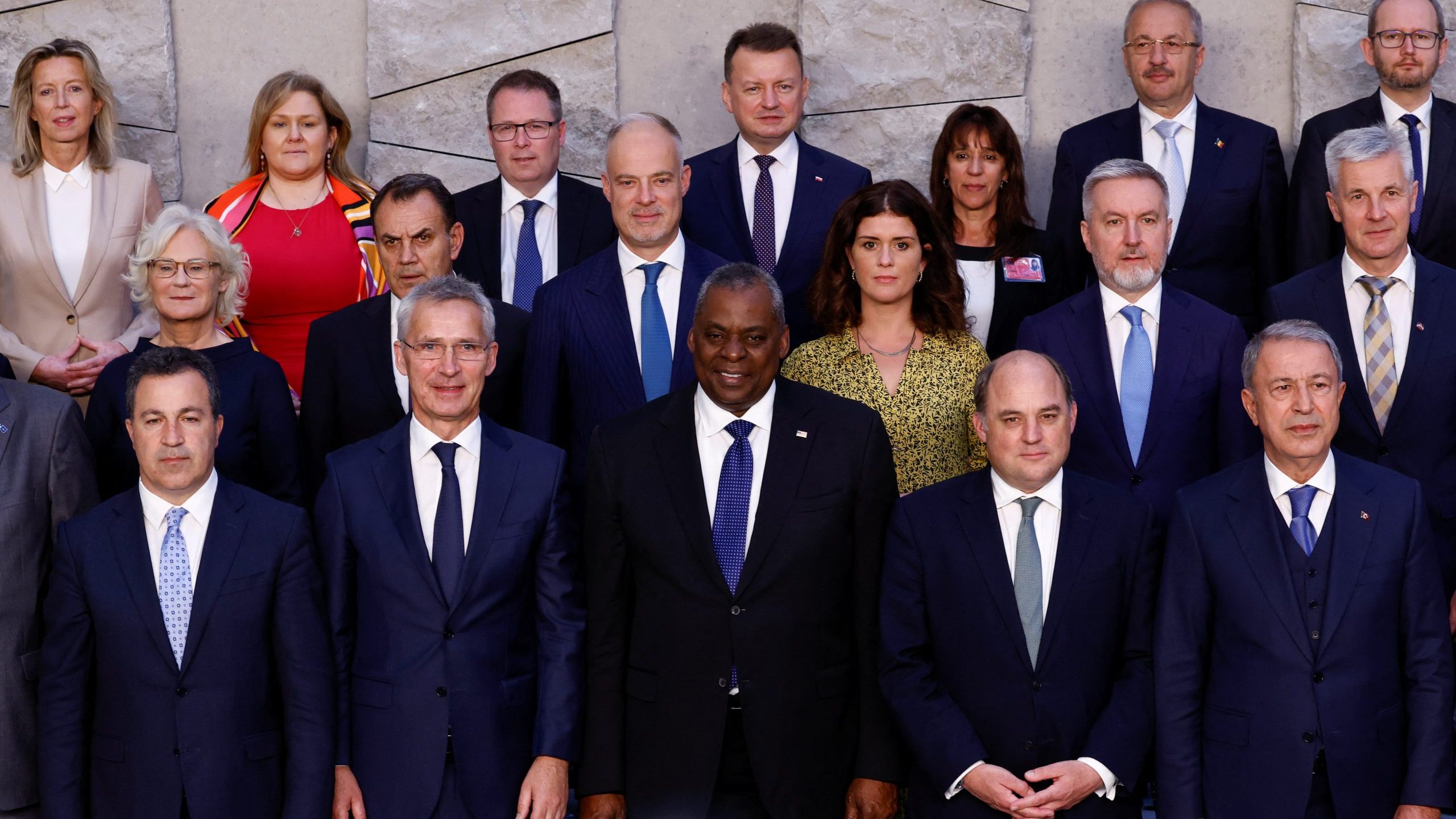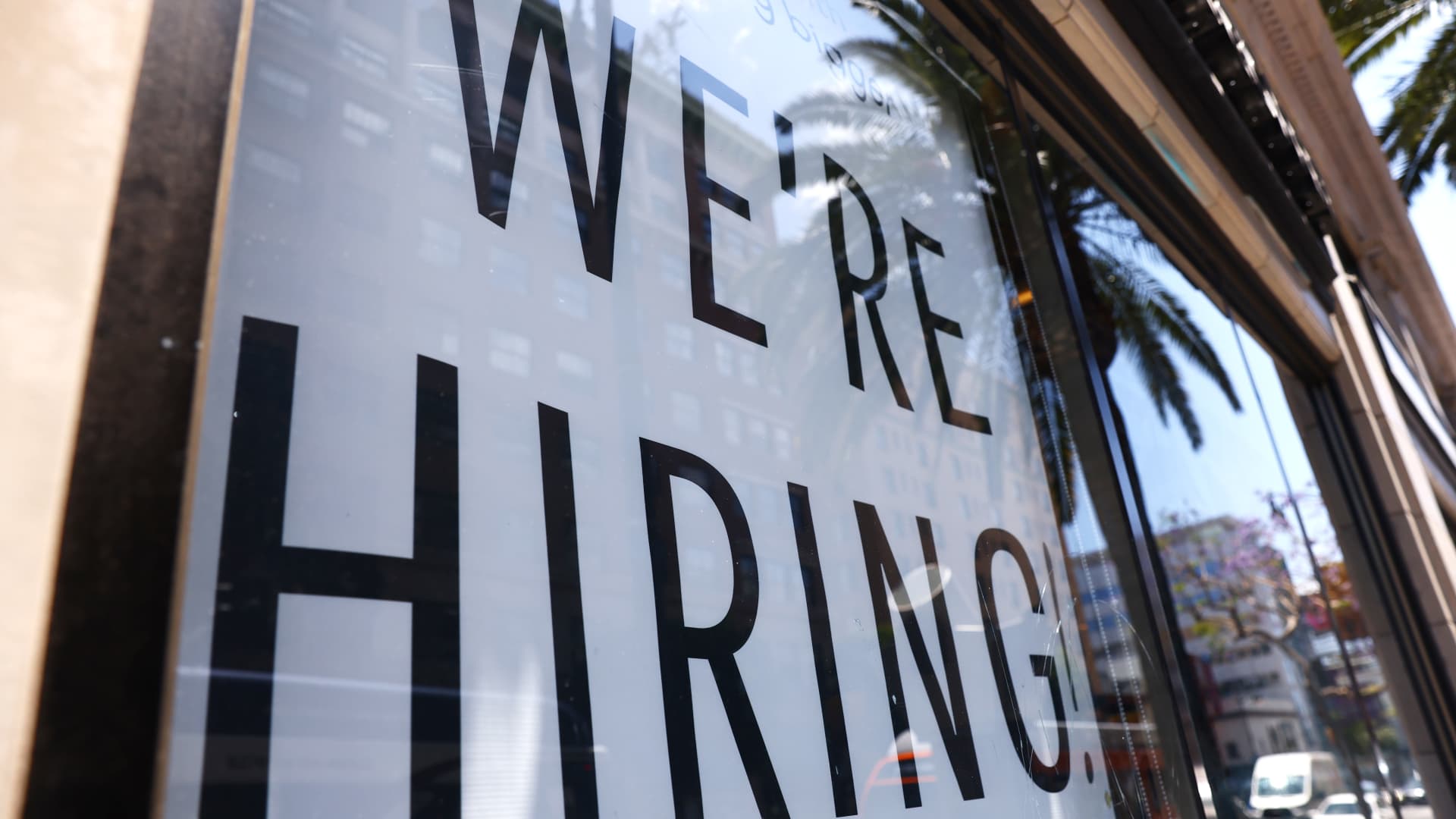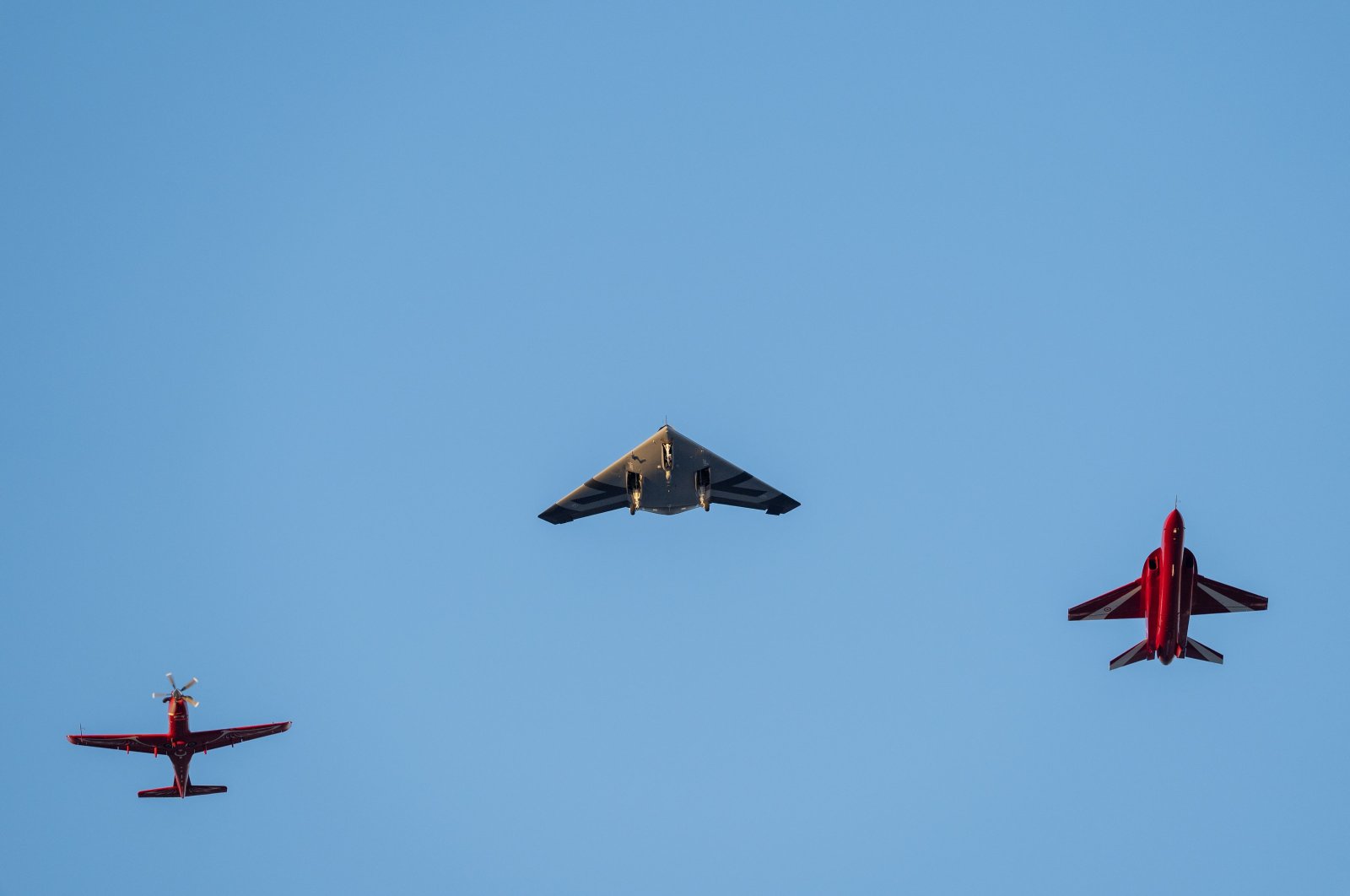Kurds fear war will renew crackdown
Then came the unexplained detention in solitary confinement of Abdullah Ocalan, the imprisoned chief of the Turkey’s Kurdish guerrillas whose bloody separatist war ended in 1999. Political protests soon followed. Dozens of arrests were made–and ignored by the national media. And, now, fear has reached new heights after Turkish troops exchanged lethal gunfire with long-dormant Kurdish rebels twice last month.
"By God, look at that," hissed a Kurdish taxi driver plying the nighttime streets of Diyarbakir, an ethnic Kurd stronghold in the region. He gaped at Turkish soldiers, heavily armed and masked with black balaclavas, deployed on a downtown sidewalk for the first time in years.
"This makes my heart sick," the driver moaned, flooring the accelerator. "I feel nothing but hatred again. This is a bad sign. Very bad." Four years after stamping out a Kurdish rebellion that claimed 36,000 lives, bad omens are surfacing anew in the sere brown hills and valleys along the Turkey-Iraq border, where most of Turkey’s 12 million Kurds live hand-to-mouth in a patchwork of war-ruined villages and refugee-crammed towns.
The reasons for the renewed tensions are murky, as is much about politics in Turkey. Yet, lately, more and more fingers are pointing at an outside source: America’s looming war with neighboring Iraq.
According to many Kurdish politicians in Turkey and some foreign analysts, the Ankara government is so fearful of an independent Kurdish enclave taking root in a post-Saddam Hussein Iraq–any Kurdish mini-state next door could revive dangerous separatist yearnings among Turkey’s own unruly Kurds–that it appears to be taking pre-emptive action by cracking down now on any homegrown Kurdish militancy.
If so, the rapidly darkening political mood in southeast Turkey represents the first serious political fallout from U.S. war planning among the neighbors of Iraq. And it hints at the Pandora’s box of ethnic woes that may be stirred up by any future war–especially when it comes to the troubling question of the Kurds and their aspirations for their own state.
`Being extra cautious’
The Turkish government adamantly denies there is any clampdown against the Kurds in its war-weary southeast. But no official explanation has been put forward for the rising ethnic tensions or the recent military clashes with remnant rebel forces there.
"We are simply being extra cautious," said a Turkish government official. "The last gulf war caught us seriously off guard, and we suffered from an influx of terrorists from Iraq [Kurdish rebels]. We aren’t going to allow that to happen again."
The military already is said to have beefed up its presence on both sides of the Turkey-Iraq border by 12,000 men. The independent Human Rights Association in Turkey has warned that the government may reimpose emergency rule on this wayward corner of the nation if war erupts with Baghdad.
Local residents, from old apricot sellers pushing their loaded carts down muddy streets to the business-suited chiefs of industry, expressed fear, anger and, finally, fatalism about the future of their region and their struggle to keep their distinct language and cultural traditions alive.
Many pointed out bitterly that Iraq’s Kurdish minority, numbering only about 3 million, was monopolizing U.S. attention because of its strategic importance to any invasion of Iraq. By contrast, the fate of southeastern Turkey, home to half the world’s Kurds, was being bartered away for larger war aims, some said.
"I don’t think the Americans will complain too loudly as the government continues to repress us," said Mustafa Karahan, the head of the local office of DEHAP, a political party that is one of the few pro-Kurdish organization tolerated in Turkey.
"Turkey is too much a strategic ally," Karahan said. Karahan, a rumpled, gray-haired man who sat in a dank, unlit office, ticked off what he said were recent Turkish government "provocations to restart the civil war down here, and wipe out the Kurd problem once and for all."
Rebel’s treatment criticized
At the top of his list was the isolation of Ocalan, the rebel chief of the brutal Kurdistan Workers’ Party, or PKK, the guerrilla group that fought Turkey for 15 years. Captured in a commando raid in Kenya in 1999, Ocalan has been imprisoned for life on a Turkish island, and his lawyers and family have been prevented from seeing him for more than two months.
That treatment has drawn criticism from international human-rights groups such as Amnesty International and has sparked a wave of sympathetic hunger strikes and protests in the Kurdish regions of Turkey. Few of these protests are covered in the national press. On Feb. 3 in Diyarbakir, for instance, 29 Kurds were arrested when a large protest against a U.S.-led Iraq war turned into a demonstration for the release of Ocalan from isolation.
"The whole Ocalan thing and these gunfights with the last PKK holdouts are pretty worrisome," said Mike Amitay, the executive director of the Washington Kurdish Institute, a U.S.-based think tank. "There really seems to be no sane rationale for it except to stir things up a bit, to get a response from the Kurds and then have the justification to go in with greater force."
Amitay speculated that such hardball tactics also are meant to warrant a bigger Turkish military presence in Iraq should a U.S. invasion takes place. Ankara is believed to be pressing Washington hard to allow it to station tens of thousands of Turkish soldiers in northern Iraq behind an invading American force. Ostensibly, this huge army would block any Kurdish separatist guerrillas based in Iraq from stirring up trouble in Turkish territory. But the PKK is a spent force since Ocalan’s capture, experts say. And even Turkey’s prime minister, Abdullah Gul, has admitted that preventing the Iraqi Kurds from declaring independence is a fundamental goal.
On Turkey’s side of the border, meanwhile, the intimidating feeling of a military occupation is growing day by day.
Convoys of Turkish armor are moving through the austere region, deploying to the bases in cities and along the Iraqi border. Armored cars loaded with masked soldiers now scuttle down the narrow, winding streets of ancient, Kurdish-dominated cities such as Diyarbakir.
Kurds deeply unsettled
The reappearance of so much military in the area, especially after four years of relative calm, has deeply unsettled many of Turkey’s Kurds. "The civil war psychologically mutilated us," said Salih, 38, a Kurdish merchant in Diyarbakir who asked not be identified by family name, and who has slashed his clothing orders by half because anxious people are no longer spending money in the city. "Seeing these guys driving around in masks give me nightmares."
Both the Kurdish guerrillas and the Turkish army stand accused of atrocities in the recent civil war. Thousands of civilians were kidnapped and disappeared. Hundreds of stone-walled villages were emptied at gunpoint, dispersing a 360,000-strong tide of refugees that haunts the region to this day. Meanwhile, for other Kurds, the biggest victim of the growing instability is the apparent end, at least for the moment, of their painful progress toward cultural freedom. Under laws drawn up to crush any form of separatism, millions of Turkey’s Kurds faced arrest for teaching their mother tongue, or even for singing Kurdish songs at public functions. Last year, those rules were relaxed. But the mood for reform has faded as government jitters about an Iraqi war–and its Kurds’ loyalties–grow. "Will another civil war break out if the government continues to pressure us? I don’t want to see that movie again," muttered Abdullah Demirbas, the head of Diyarbakir’s teachers union. "Our trouble is [that] we don’t live on the other side of the Iraqi border," added Demirbas, who lost his job at a teachers college last year for promoting the instruction of Kurdish. "Living in Iraq is the only way the world would care about us."



